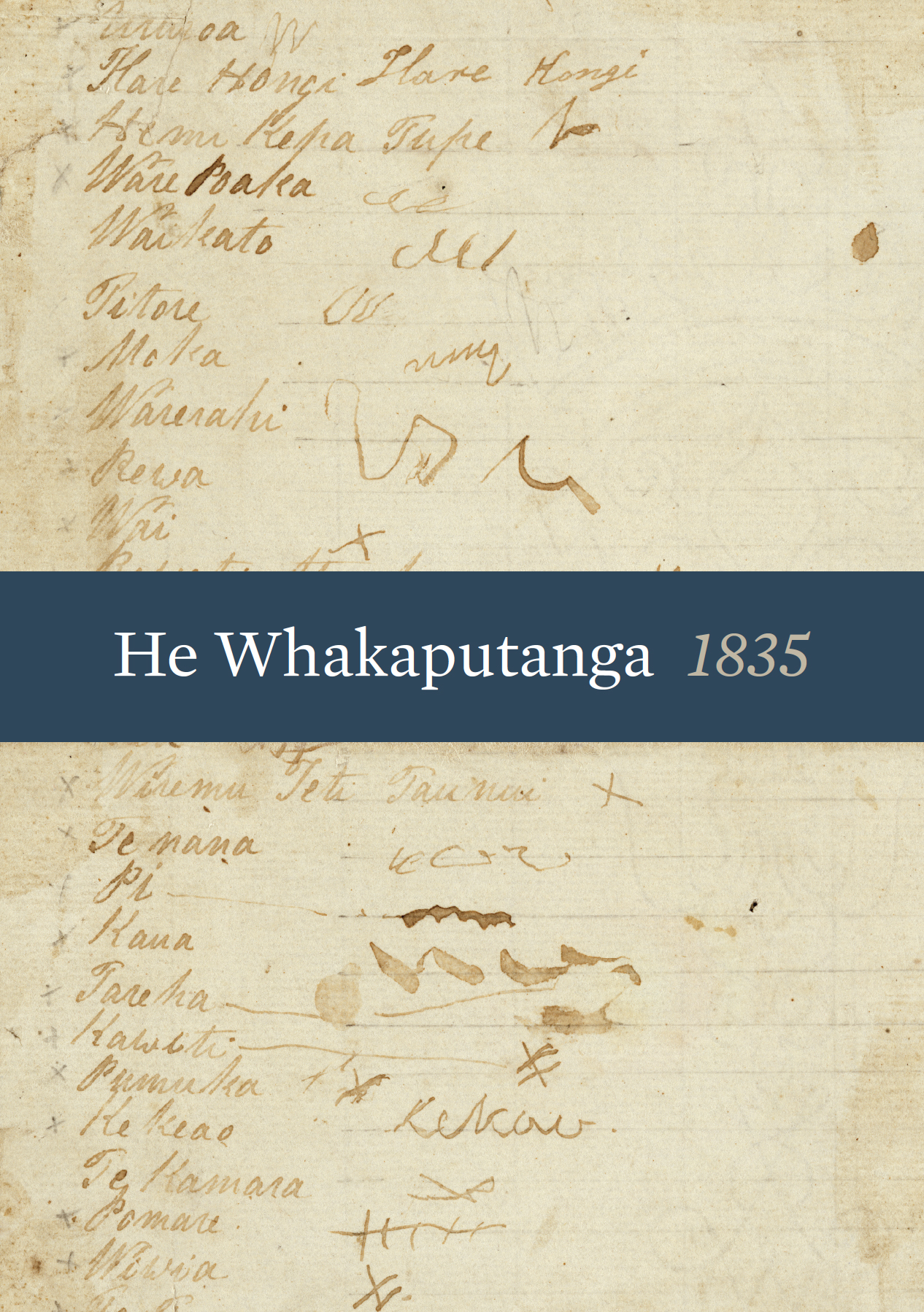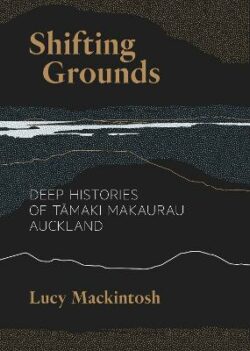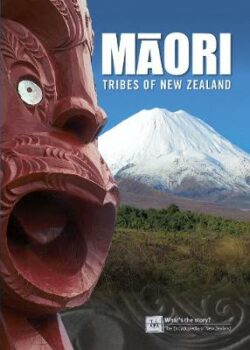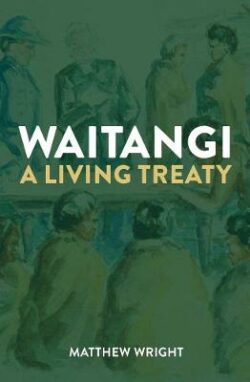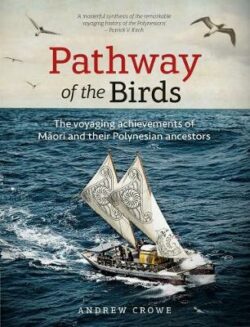He Whakaputanga | The Declaration of Independence, 1835
$39.99
Available
Description
He Whakaputanga o te Rangatiratanga o Nu Tireni/The Declaration of Independence of New Zealand was signed by fifty-two rangatira from 1835 to 1839. It was a powerful assertion of mana and rangatiratanga, made after decades of Maori and European encounters that had been steadily expanding – both within Aotearoa New Zealand and elsewhere on the globe as Maori travelled abroad. As rangatira reached out, they also forged new alliances. He Whakaputanga was part of that process, reinforcing ties between northern rangatira and the British Crown that dated back nearly half a century. As Vincent O'Malley notes in the introduction, He Whakaputanga can mean 'an emergence', referring to the birth of a new nation (Nu Tireni or New Zealand) but also marking steps towards unified forms of governance among the many different rangatira, their hapu and iwi. This was a visionary document – remarkable in its time and no less pertinent today. In these ways and others, He Whakaputanga remains a taonga of great significance. It is shown here along with narratives about the people who signed and those who witnessed. Through these histories new light is shed on a document that signalled New Zealand's place in the world.
Additional information
| Dimensions | 205 × 303 mm |
|---|---|
| ISBN | 9781991033031 |
| Dimensions | 205 x 303 mm |
| Book Type | Hardback |
| Author | Vincent O'Malley |
| Author Bio | |
| Number of Pages | 72 |
